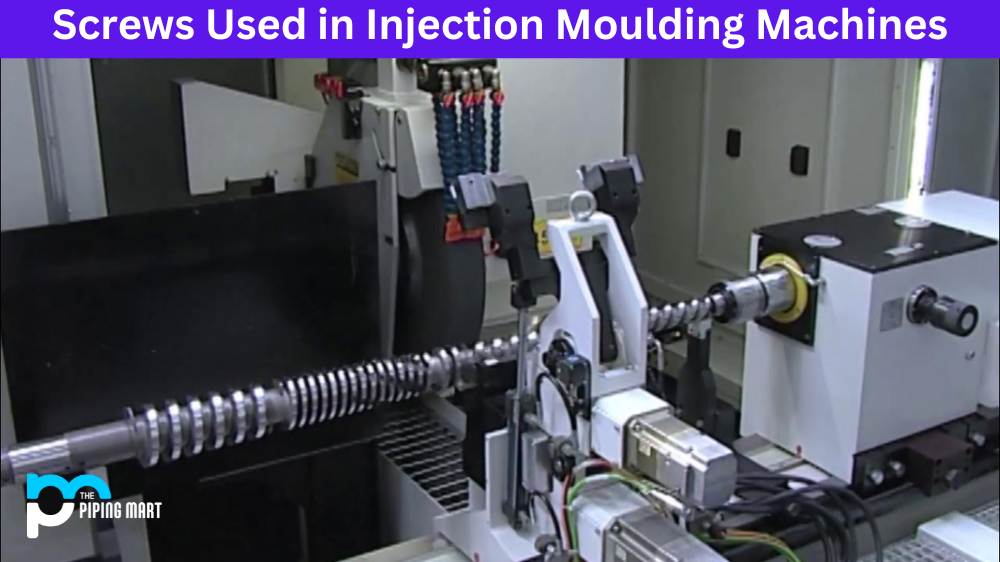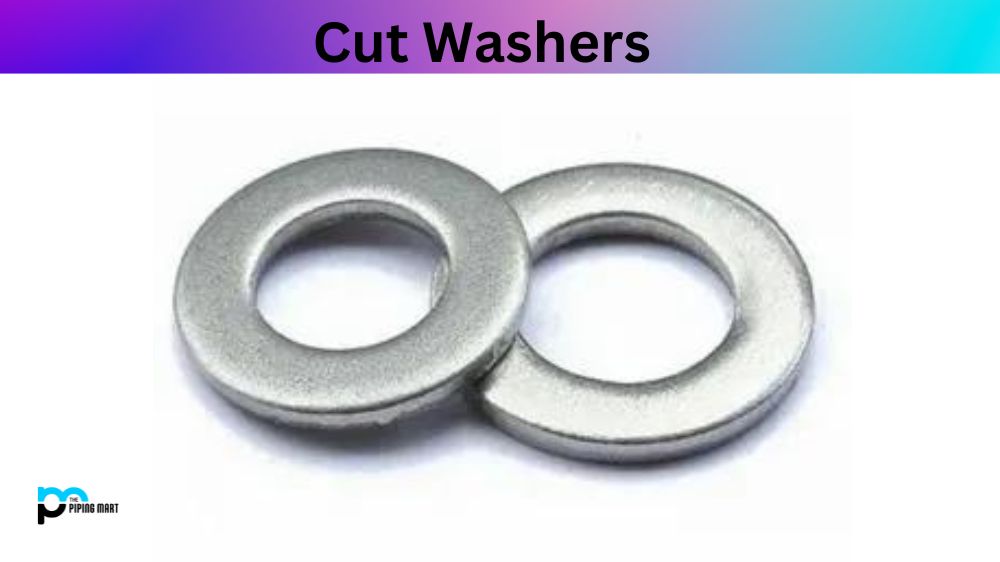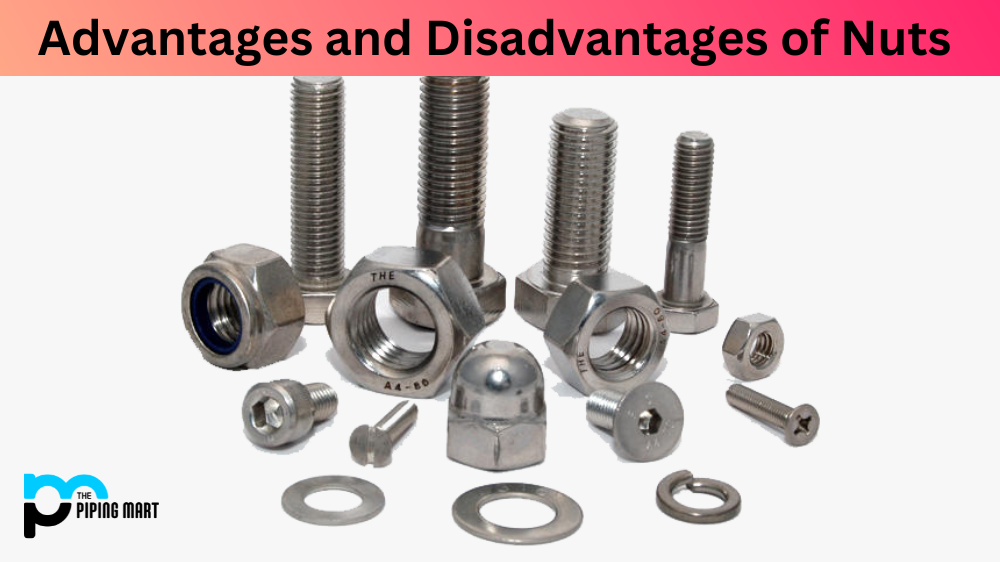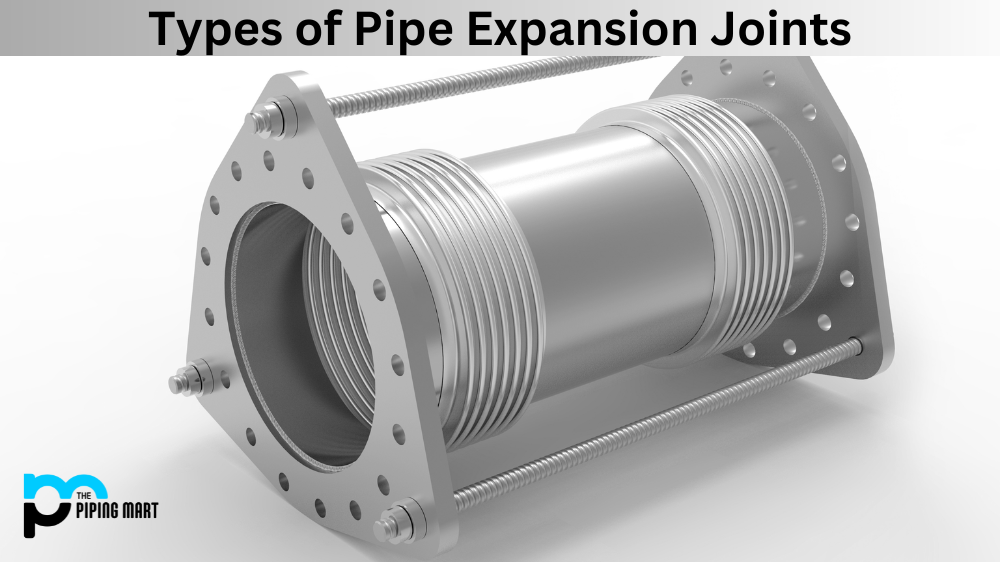Injection moulding machines are essential in manufacturing, primarily creating different moulded products. They use a screw mechanism responsible for processing and melting the plastic material before it is injected into the mould. Given the integral role that screws play in the operation of injection moulding machines, it’s essential to understand the different types available and how they function. This post will discuss the three main types of screws used in injection moulding machines and their applications.
Standard Screws
Standard screws are the most common type of screw used in injection moulding machines. They are designed with a constant pitch and diameter and are typically made of chrome-molybdenum or nickel alloy steel. Standard screws are versatile and can process various materials, from low- to high-viscosity plastics. They are well-suited for moulding applications requiring a non-critical melt quality, such as when producing large parts or low precision.
Barrier Screws
Barrier screws are designed to improve processing efficiency and melt quality. They are typically used for high-temperature materials or low melt flow rates. Barrier screws have sections with a smaller diameter than the standard screw, creating a molten plastic barrier that helps to prevent unmelted resin from passing through the screw. This design also increases the residence time of the melt and enhances mixing, ensuring a consistent melt quality. Barrier screws are suitable for producing products that require high precision, such as medical devices or automotive parts.
Mixing Screws
Mixing screws are designed to improve the mixing of the plastic melt. They have a flight section with an extended pitch that creates significant shear, causing the melt to mix and homogenize. This design reduces colour streaks, enhances the dispersion of additives, and improves the overall colour quality of the moulded product. Mixing screws typically process materials with colour or additive masterbatches, recycled materials, or heat-sensitive materials.
Double Alloy Screws
The double alloy screw is a revolutionary invention in mechanical engineering. It is a game-changing solution that tackles the issues of strength and durability that traditional screws have long struggled with. This screw can withstand even the toughest of environments and loads by combining two different alloys while maintaining maximum torque and grip. Its unique design ensures a longer lifespan, reducing the need for frequent replacements and ultimately saving costs. If you’re looking for a reliable and long-lasting solution, the double alloy screw is worth considering.
Electroplating Screws
Electroplating screws is a process that requires precision and expertise. It involves depositing a thin metal layer on a base material using electric currents. The result is a surface resistant to wear and corrosion, perfect for screws that withstand harsh environments. With the help of experts in electroplating, you can be sure that your screws will have superior protection and long-lasting performance in even the most challenging conditions.
Conclusion
Selecting the right screw type for an injection moulding machine ensures efficient and high-quality production. Understanding the various types of screws available – standard screws, barrier screws, and mixing screws – and their applications is necessary for selecting the most appropriate for a specific moulding process. While standard screws are versatile and can be used for general applications, barrier screws and mixing screws are more specialized and should be used for specific applications. Knowledge of the different types of screws used in injection moulding machines undoubtedly helps boost product quality, reduce production costs, increase efficiency, and improve manufacturing.

A passionate metal industry expert and blogger. With over 5 years of experience in the field, Palak brings a wealth of knowledge and insight to her writing. Whether discussing the latest trends in the metal industry or sharing tips, she is dedicated to helping others succeed in the metal industry.




